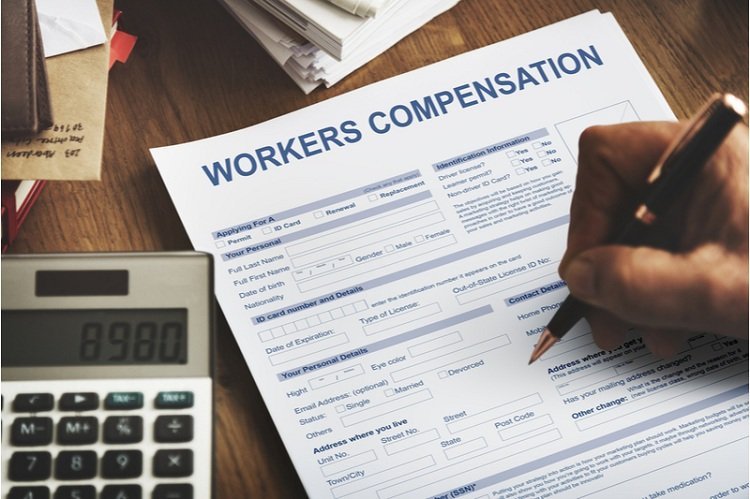Lifestyle
The Impact of COVID-19 on Workers’ Compensation Insurance
Organizations across the United States are implementing policies to minimize the potential spread of the coronavirus and protect their health. However, it is also pertinent for employers to review their workers’ compensation insurance for COVID- 19 related claims, as the impact on workers’ compensation system will not be uniform across industries. Workers’ Compensation Insurance Rules in Michigan The threshold for COVID- 19 compensability
OSHA Issues New Guidance to Manage N95 Mask Shortage During COVID- 19
The Occupational Safety and Health Administration (OSHA) has issued interim enforcement guidance regarding respiratory protection, given the nationwide N95 shortage during the COVID- 19 pandemic. Here are some important points to know about the OSHA enforcement guidelines for respiratory protection standards: The new guidelines apply to all industries (including the healthcare industry) and workplaces where the respiratory protection standard (29 CFR § 1910.134)
Expanding Health Plan Coverage for Employees During COVID-19
As an employer, you can afford better protection for your employees by making specific health plan changes, such as: Offering a mid-year enrollment window to employees who had not opted for a cover in the previous window. Foregoing certain eligibility requirements for employees that have been laid off, such as active service or minimum hours of work. FSAs, HSAs and HRAs
How to Work From Home and Be Productive During COVID- 19
Many organizations have asked their employees to work from home in the COVID- 19 pandemic to minimize social contact and prevent the spread of the coronavirus. However, if you have never worked from home before, it may be a challenging proposition. Below are some tips on living in your home during COVID- 19 and working to make the transition easy: Set a Schedule
Purchase Eligible Products on Amazon with Your HSA or FSA
Online retailer Amazon recently announced that you can now use your flexible spending account (FSA) or health savings account (HSA) to purchase eligible medical products on its site. Amazon’s FSA and HSA stores enable you to add your respective health payment card to the site and shop for your eligible products as you would shop for any other item. What








